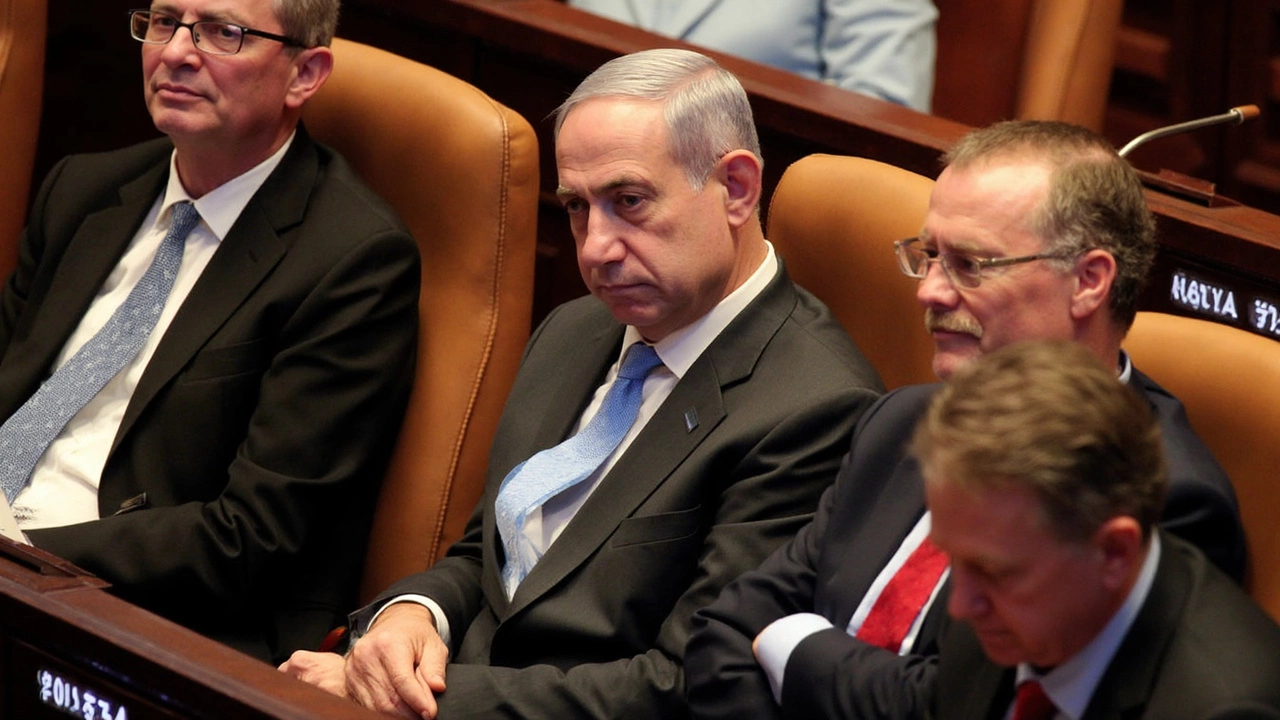Knesset Vote Keeps Netanyahu Government Standing—for Now
In a tense and closely watched session, Israel’s Knesset voted 61-53 against a bill that could have dissolved the parliament and triggered early elections. This early Thursday vote reflected the razor-thin divisions shaping Israeli politics, with the fate of Prime Minister Benjamin Netanyahu’s coalition hanging in the balance. The bill, championed by the opposition, aimed to bring the country to the polls at a time when current surveys point to a likely defeat for Netanyahu’s Likud party.
The drama unfolded around a long-festering issue: whether to extend military service exemptions for the ultra-Orthodox, often called haredim, who make up about 13% of the country's population. Their exemption has always landed at the heart of Israel’s culture wars, with many secular Israelis frustrated at the perceived lack of shared sacrifice, while the haredim insist that Torah study is just as essential as military duty.
The opposition saw a window of opportunity as some ultra-Orthodox lawmakers were openly uneasy about changes to the draft law. But as the clock wound down, veteran politician Yuli Edelstein, chairman of the Knesset’s powerful Foreign Affairs and Defense Committee, worked furiously behind the scenes. He brokered a deal with key haredi representatives, promising tweaks to coming draft legislation that might make it more acceptable to their community.

Ultra-Orthodox Dilemma and Political Survival
Securing the support of skeptical haredi Knesset members was crucial. Few issues stir passions more in Israeli politics than the question of who should serve in the military. For some ultra-Orthodox leaders, this was a line-in-the-sand moment. Compromise turned out to be possible, but just barely—some suggest the real reckoning has only been delayed.
The impact of Thursday’s vote stretches beyond the immediate headlines. Because the opposition’s attempt to dissolve the parliament failed, Israeli law now blocks any similar move for at least six months. That gives Netanyahu breathing space, though his coalition’s foundations look shakier than they have in months.
The opposition, which includes parties like Agudat Yisrael, believed the military exemption dispute could pry apart Netanyahu’s alliance with the haredim. Instead, last-minute negotiations managed to close ranks, at least temporarily. Lawmakers agreed to continue hammering out the details of military reform, with talk circulating in the corridors of the Knesset about postponing the next big vote on the matter by another week if needed.
For many Israelis, the latest twist feels all too familiar. The debate over whether ultra-Orthodox men should serve in the military is as old as the country itself, and each round of political brinkmanship only seems to deepen divisions between the secular majority and religious minorities. With coalition stability dependent on delicate deals and last-ditch maneuvers, the next steps in this legislative dance—especially any future changes to military service—are set to keep Israel’s political scene on edge.
